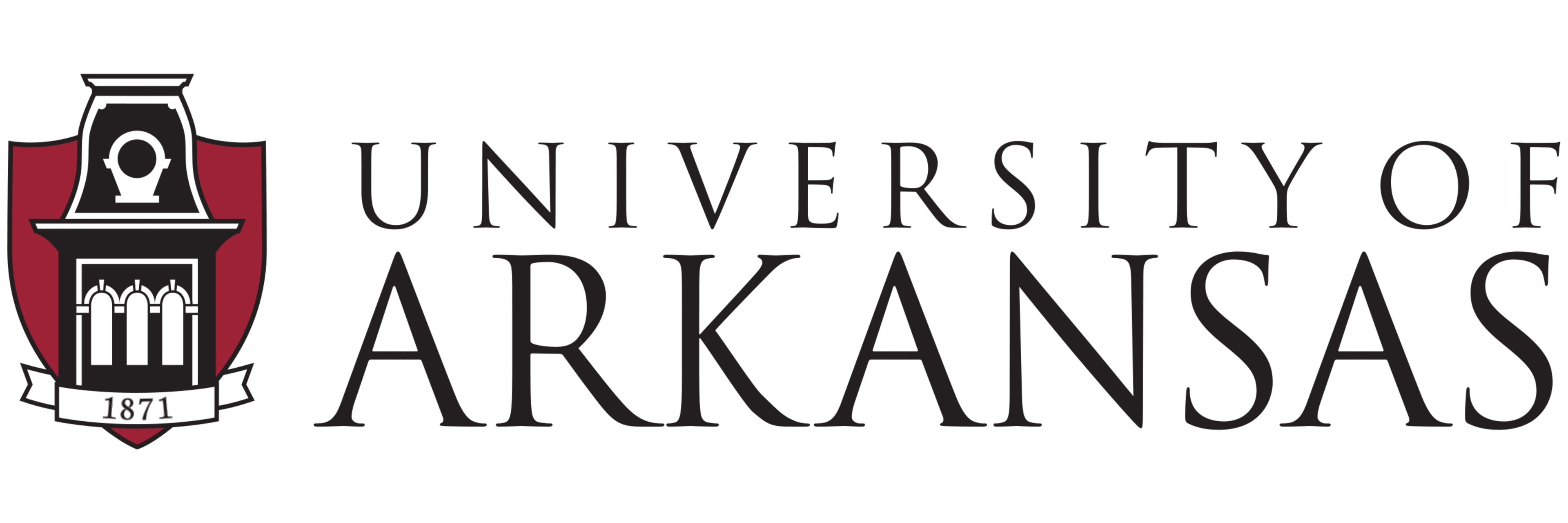Filters
Filters
- Doctoral Degrees
- PhD
- Life Sciences Programs
- Professional Life Sciences
Sort by
5 Professional Life Sciences PhD Degree Programs


Promoted
Terra Nova University
PhD in Biology & Life Science via distance learning
- Ragusa, Italy
PhD
Full time, Part time
1 semester
Distance Learning
English, Spanish, Italian
How did such an astounding variety of living things evolve on Earth? What makes these bacteria, fungi, plants, and animals? How do living things differ from nonliving things? Part of these questions form the basics of biology and life sciences. We are also living organisms and we have evolved in response to the same basic set of chemical elements. We all share the same processes that allow us to survive. This program explains biological concepts and offers a unified presentation of life and its variation through evolution.


Nazarbayev University
PhD in Life Sciences
- Astana, Kazakhstan
PhD
Full time
4 years
On-Campus
English
Life Sciences is a rapidly growing interdisciplinary area of sciences that aligns with priority science and technology needs for the Republic of Kazakhstan. The Ph.D. program can be compared in scope and structure to available programs in internationally leading academic institutions. The Ph.D. in Life Sciences will provide excellent instruction in core and elective subjects and will train modern high-quality life science experts which are in high demand for both existing as well as anticipated industries in Kazakhstan. The program’s research focus in combination with pedagogical training that is in compliance with the Graduate Programs Framework of Nazarbayev University (NU) has the potential to attract regional and international students to the program.


University of Arkansas
PhD in Agricultural, Food and Life Sciences
- Fayetteville, USA
PhD
Full time
On-Campus
English
The PhD program in Agricultural, Food, and Life Sciences at the University of Arkansas offers a comprehensive interdisciplinary curriculum designed to prepare students for advanced research and leader...
Best programs for you
Answer a few questions and we'll match you with programs!


Universidad Cristóbal Colón
Doctorate in Administrative Sciences
- Mexico City, Mexico
PhD
Spanish
The Doctorate program in Administrative Sciences will train researchers with knowledge, skills and attitudes that allow them to: Generate frontier knowledge in theory and practice in administrative science through research.


NASCAR Technical Institute
HARLEY-DAVIDSON PROGRAM SPECIALIZED TRAINING PHD (Professional Harley-Davidson)
- Mooresville, USA
PhD
On-Campus
English
Motorcycle Mechanics Institute has been providing Harley-Davidson dealerships with trained technicians since 1983. MMI is the only technician training school that offers a Harley-Davidson specific 24-week elective curriculum that is aligned with Harley-Davidson University™. Graduates are credited with 12 months of work experience toward Harley-Davidson’s field recognition program upon graduation and are qualified for employment in a Harley-Davidson authorized dealership.
Popular Life Sciences Programs Professional Life Sciences degree types
Popular study format
Popular locations
Learn more about Professional Life Sciences PhD degree programs
A PhD in Professional Life Sciences equips you with advanced knowledge and research skills essential for addressing complex challenges in health and environmental sectors. This field is at the forefront of developing innovative approaches to improve human health and sustainable practices.
You'll delve into specialized topics like biostatistics, epidemiology, and molecular biology, fostering your ability to conduct groundbreaking research. Students strengthen their critical thinking and analytical skills as they design and implement experiments, evaluate data, and interpret findings. Courses focus on creating research proposals, conducting systematic reviews, and applying ethical considerations in scientific inquiries.
As you progress, you'll engage in collaborative projects that integrate theoretical concepts with practical applications, preparing you for a career in academia, industry, or governmental organizations. Graduates often pursue roles as research scientists, academic professors, or policy advisors. This program enhances adaptability and encourages independent thought as you explore novel solutions and contribute to advancements in the life sciences.